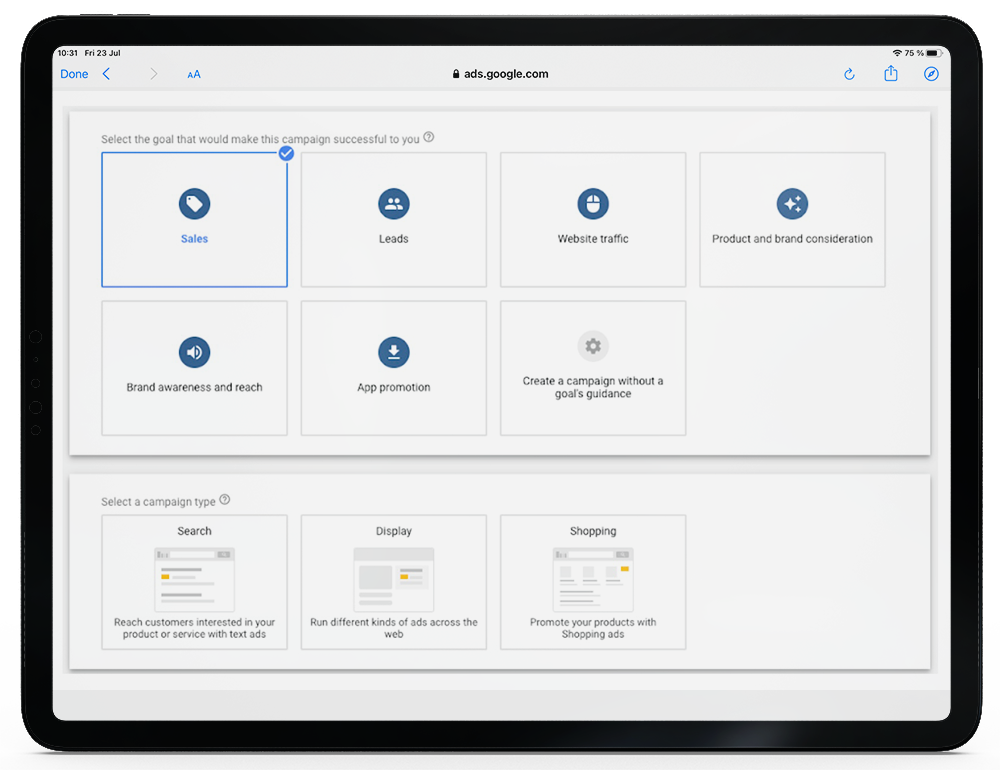Build enhanced Lifetime Value models to increase your profitability
31 March, 2022
6 mins
Meeting of the minds. Why does the Lifetime Value (LTV) metrics really matter for your advertising strategy? Today, Ronan, Head of...
Read more
Stay tuned thanks to our Newsletter
How to rhyme business with security? Trademark with property? You have invested a lot of time and money to make your business see the light of the day and probably do not want a competitor to steal it. Guess what? There's something you can do!
The trademark application will offer you the monopoly of your brand’s identity and a much-needed security for the durability of your brand. Want to know why? How to proceed? Keep reading...
WIPO (World Intellectual Property Organization) is the UN body in charge of trademark’ applications. The WIPO website encourages companies to file trademark applications at a national level before initiating them on an international level.
By doing so, you make sure that there is no existing trademark on your country/region that could block the international procedure.
If your business is located in France, you can start now to file a trademark application. If you are a step further or from another country, you can file an international trademark application here. But does it mean that your trademark is safe? Nothing is less certain.
The answer is no. Have you ever heard of brandjacking? If not, you will soon be familiar with this odd term.
Other threats also roam around your website such as malware (server designed to damage a network), phishing (theft of user data), data breaches, privacy threats...
This portmanteau word is made up of two words: “brand” and “hijacking”. This common practice on Google is a competitive practice that consists of paying for keywords that belong to another brand, WITHOUT asking for permission, to attract more clicks for your ads.
Some sectors suffer more from this practice than others. Hospitality and catering are the first victims. Some well-known platforms such as Booking or Tripadvisor take part in this phenomenon.
.png)
And for your business: what does that mean? Your ad will not appear at the top of the SERP anymore but your competitor’s will.
You can’t “register your trademark” on Google as you would on WIPO, but what you can do is protect your trademark by purchasing the keywords related to your brand.
Brandjacking is not forbidden on Google. Yet, Google has set up some rules to frame keyword’s acquisition and trademark’s safety:
"Google abides by local trademark laws and requires that Google Ads ads don’t infringe third-party trademarks. We recognize that third parties may properly use trademarks in certain situations, such as by resellers to describe products.
If a trademark owner submits a complaint to Google about the use of their trademark in Google Ads ads, we will review it and may enforce certain restrictions on the use of the trademark."
Quote by Google
Google also created a Google Ads Trademark Consult Form to ease the filling of any demand related to the wrong use of your brand domain online.
To protect your trademark against brandjacking, you can purchase the keywords related to your brand domain from the Google Ads platform. To do so, proceed as follows:

To register your trademark on WIPO’s website is essential but not enough. The safety of your brand online depends on the acquisition of your trademark on Google Ads, a highly recommended expense that will ensure your durability on the SERP. The procedure to protect your trademark against brandjacking may be quite complex at first sight.
Want more information about this topic? Don't hesitate to contact our dedicated team. We'll be pleased to help you!
By Emma Jeanpierre
16 Jul, 2021